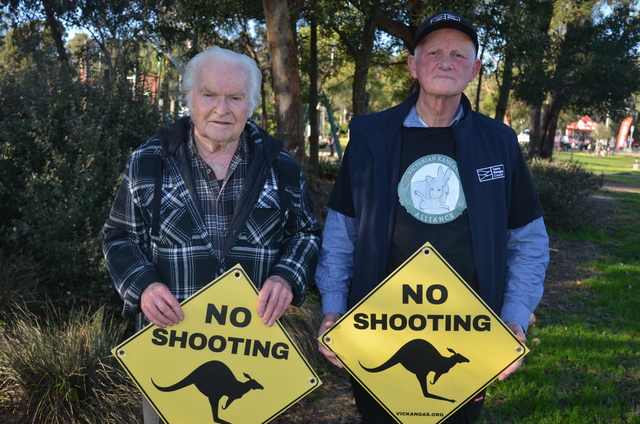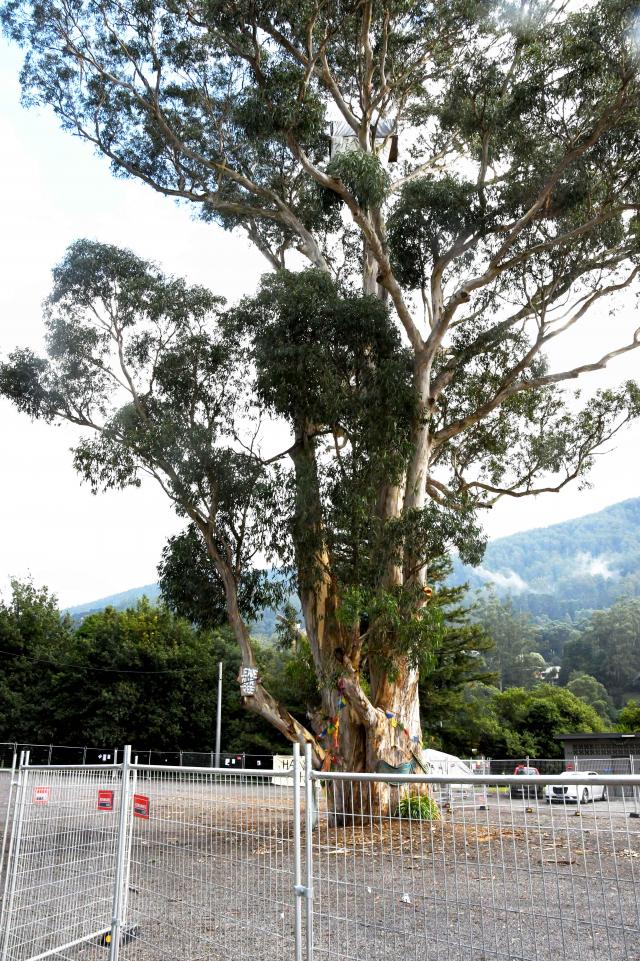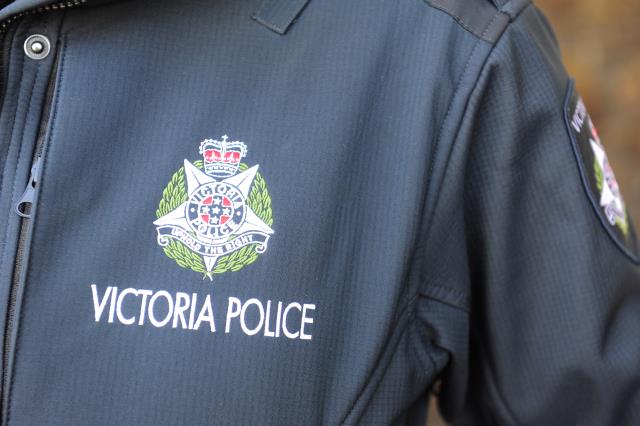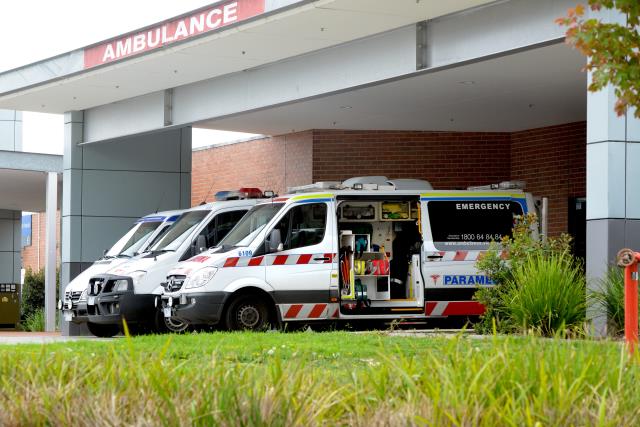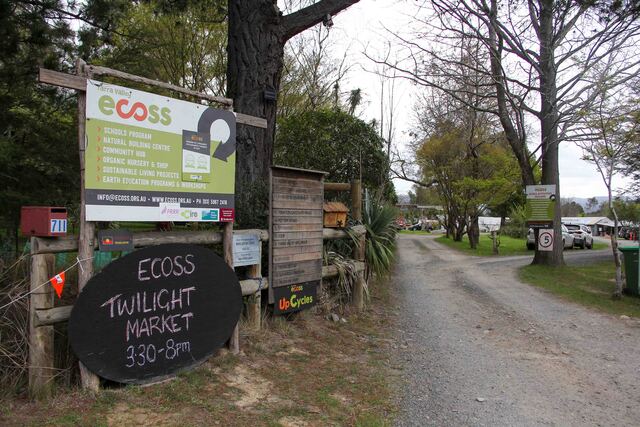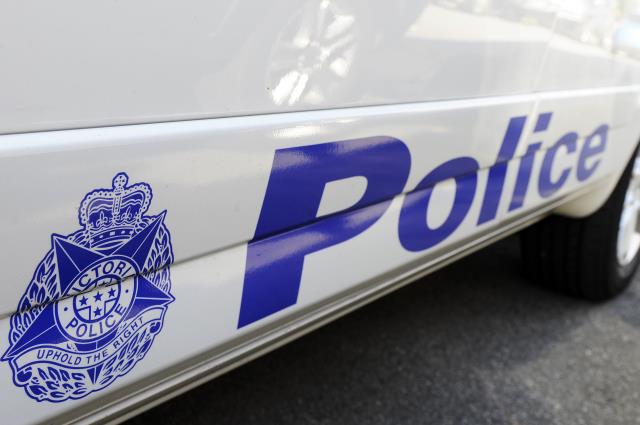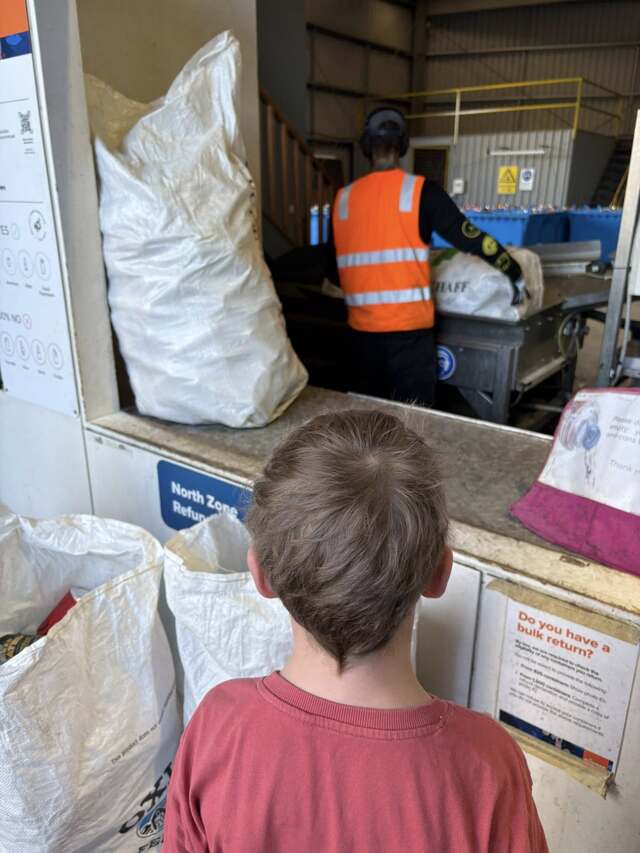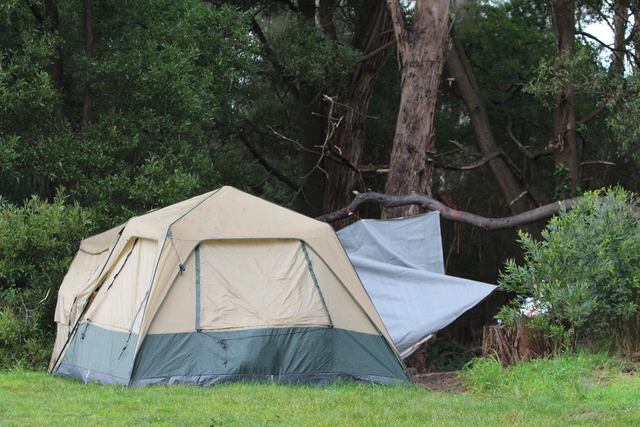Having started on Thursday 21 November, the Victorian Government and First Peoples’ Assembly of Victoria have begun negotiations for Australia’s first Treaty with First Nations people.
The establishment of Treaty in Australia would bring it in line with treaties in other colonial countries like New Zealand (Aotearoa), the United States and Canada (Turtle Island).
Taungurung man and Healesville resident Adam Frogley said he is very happy that treaty negotiations have commenced in Victoria.
“This process has taken some time to get to this point, and as the only State to advance treaty discussions, I expect Aboriginal communities in Victoria are also excited for the process to commence,” he said.
“There are many factors that will need to be considered for discussion and negotiation as part of the treaty process. A Treaty Negotiation Framework has been developed to guide the process of agreement making and is directly informed by the United Nations Declaration on the Rights of Indigenous Peoples (UNDRIP),”
“There will be several treaties negotiated under this process, including Traditional Owner treaties that apply to the 38 specific Aboriginal countries and communities, plus a State-Wide treaty that will encompass the entire state of Victoria.”
The progress in negotiations in Victoria comes as the newly-elected Liberal/National Government in Queensland repealed the state’s Path to Treaty Act with the promise of reallocating funds to ‘boost tangible outcomes in Indigenous communities’.
Mr Frogley said the importance of Treaty cannot be understated.
“For Aboriginal people, Treaty is seen as finalising unfinished business, and recognition that past practices by government and others, fundamentally and detrimentally impacted Aboriginal communities across the state and country,”
“A treaty should not be viewed as divisive, rather it should be seen as an opportunity to come together under a shared understanding, with actions that will work to drive opportunities for Aboriginal people and the wider community,”
“I expect the negotiation of both Traditional Owner treaties and a State-Wide treaty, will work to address existing areas of need, like those identified as part of closing the gap, and improve outcomes for Aboriginal people. A treaty could be best described as a pathway to peace and understanding; a way of healing and building better communities.”
The Statewide Treaty will be developed by both the State of Victoria and the First Peoples’ Assembly of Victoria, which is the democratically-elected body representing First Nations people in Victoria.
Mr Frogley said officially, there are no matters that cannot or must not be discussed during the course of Treaty negotiations.
“Aboriginal communities in Victoria can table any matters for negotiation, including, but not limited to, health and wellbeing, education, employment, housing, lands and waters, truth telling and healing, environmental management, economic and community development, cultural heritage, language and political participation,” he said.
“I expect many of the matters outlined above will be tabled for negotiation by the Traditional Owners in this region, with culture, lore, self-determination, empowerment and cultural authority underpinning, guiding and informing all discussions.”
Other countries that have treaties in place with their Indigenous peoples include Norway, Sweden, Finland, Greenland and Japan.
Mr Frogley said this is an incredibly important step and one that will provide greater opportunities and outcomes for Aboriginal people and their communities.
“I am proud the Victorian Government has made a commitment to this process, and, in the future, I would like to see the same process occur in all States, Territories and nationally,” he said.
“Australia is far behind other countries around the world when it comes to negotiating a treaty, and this is a shame when you see that treaties in New Zealand and Canada have been in operation successfully for many, many years now,”
“Through the treaty process we can finalise unfinished business and bring to an end the ongoing cycle of disadvantage; this process can and will benefit everyone.”
The First Peoples’ Assembly of Victoria has been consulting with Indigenous communities across the state in preparation for negotiations since 2019, with an eye to ensuring they know how communities want Treaty to be negotiated and what it should deliver.
First Peoples’ Assembly of Victoria Co-Chairs Ngarra Murray and Rueben Berg both welcomed the milestone
“We commence these negotiations with the support of our communities. Treaty is from the ground up and talking to our communities at every step. We are ready, we are prepared, and we look forward to a better future for our children, families and communities,” Ms Murray said.
“Whether it’s caring for land and keeping culture strong or improving the way services like health and education are delivered at a local level, we want to negotiate a Treaty that will empower Aboriginal communities for generations to come,” Mr Berg said.
“Treaty negotiations will draw a line in the sand, right past wrongs, and deliver real improvements to the lives of First Peoples – in housing, education, health, employment. The past cannot be changed. What we can do now is sit down respectfully and negotiate how we move forward.”
Anyone seeking more details about the Statewide Treaty can find them at: firstpeoplesvic.org/treaty-explainer.
Premier Jacinta Allan said Treaty is about making a better and fairer state for every Victorian.
“If you listen to the people directly affected by policies, you get better outcomes – that’s commonsense,” she said.
“This is a historic day for our State and for our nation – Treaty will be a practical agreement, and a chance for all of us to build a more equitable and inclusive Victoria, which we can all take pride in,” Minister for Treaty and First Peoples Natalie Hutchins said.




